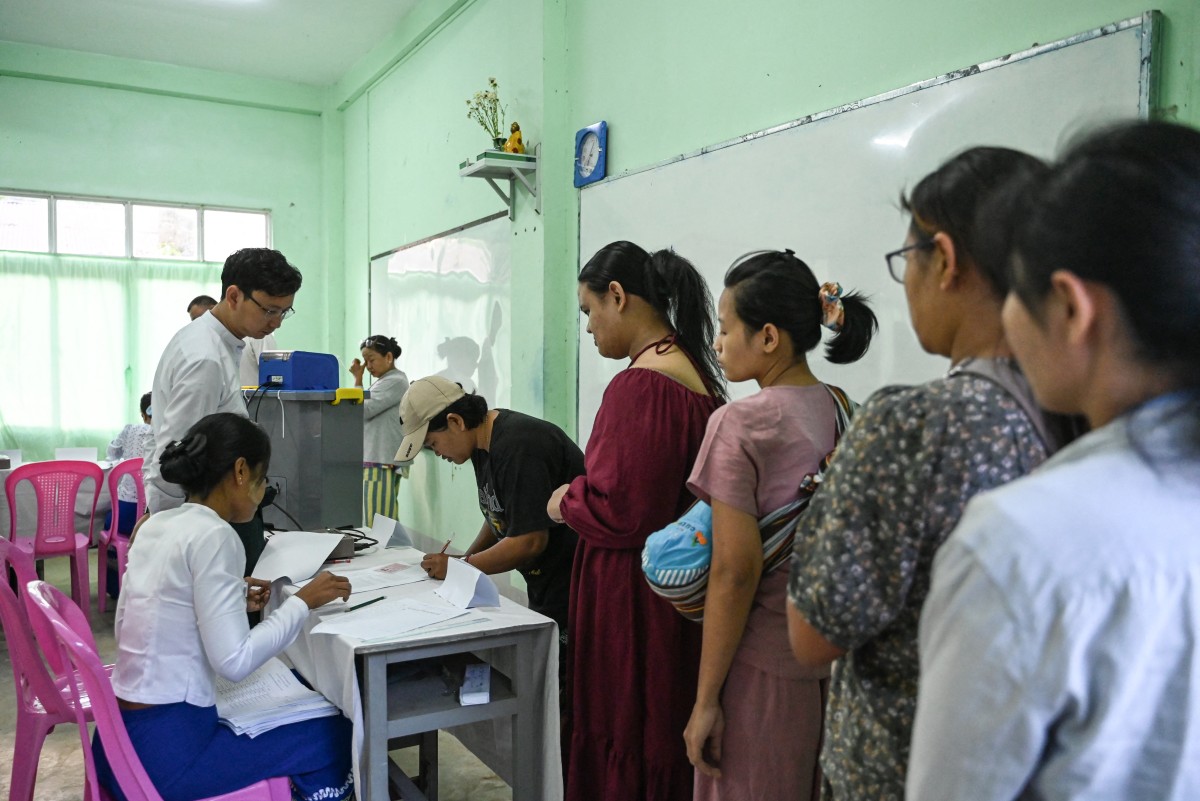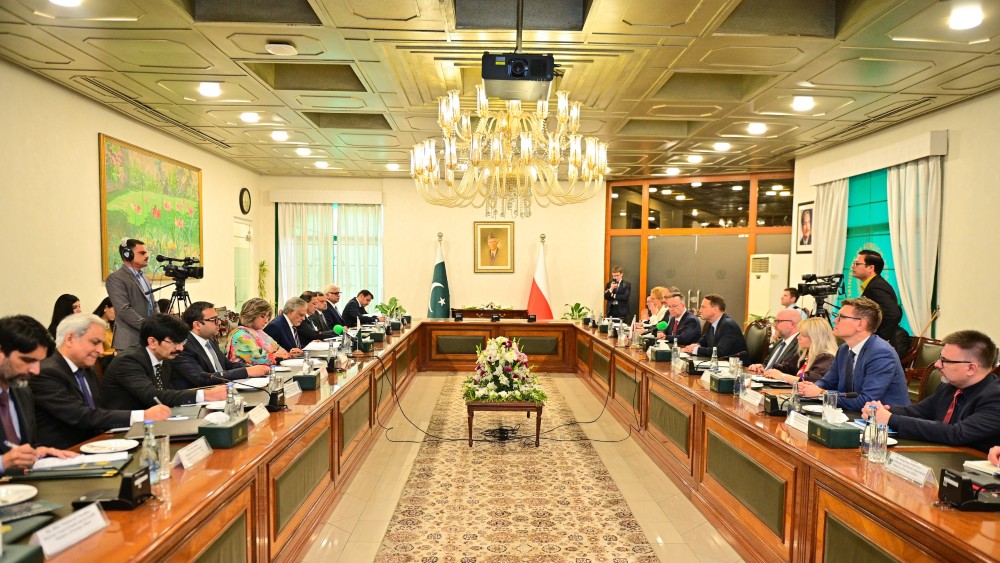ISLAMABAD: Today marks Snow Leopard Day, a global observance highlighting the need for conservation efforts to protect one of the world’s most elusive and endangered species. Pakistan is home to one of the largest snow leopard populations.
The country is witnessing promising outcomes from dedicated conservation programs aimed at securing the future of this iconic predator.
The snow leopard is classified as critically endangered in Pakistan, with an estimated population of 155 based on a nationwide count completed in 2023. Although threats such as habitat loss, poaching, and human-wildlife conflict persist, recent increased sightings and births in the wild suggest a growing population. For example, wildlife experts documented a mother snow leopard with cubs in the Central Karakoram National Park in March 2025.
Several concerted efforts are making a tangible difference. The Pakistan Snow Leopard and Ecosystem Protection Program (PSLEP), launched in 2018, brings together the Snow Leopard Foundation, Pakistan’s Ministry of Climate Change, and the United Nations Development Programme.
Its focus includes reducing conflicts between humans and snow leopards through sustainable land management and expanding protected areas. Practical measures such as predator-proof corrals and livestock insurance schemes, introduced by organizations like the Baltistan Wildlife Conservation and Development Organization (BWCDO), are reducing retaliatory killings by local herders.
The livestock insurance scheme pioneered by BWCDO compensates farmers for losses due to snow leopard predation, balancing conservation with livelihoods. This model has been so successful that it has been adopted in several other countries, including India, China, and Nepal.
BWCDO is also working closely with local communities, training wildlife guards and involving villagers in monitoring efforts using camera traps and genetic analysis.
Awareness and education campaigns annually engage dozens of villages, increasing understanding of the snow leopard’s ecological importance and fostering coexistence. The Forest, Wildlife and Environment Department of Gilgit-Baltistan has reported positive outcomes from using new technologies and programs to reduce human-wildlife conflict, aiming to expand successful models to more areas.
Pakistan is also part of the Global Snow Leopard and Ecosystem Protection Program (GSLEP), allowing the country to cooperate with other range states and share best practices in conservation strategies.
While challenges remain, the combined impact of government agencies, NGOs, and local communities is building a hopeful path forward for snow leopard conservation. These efforts are helping to protect the species and the fragile ecosystems it inhabits, demonstrating that coexistence between humans and wildlife is achievable.
.jpeg)



.jpg)



